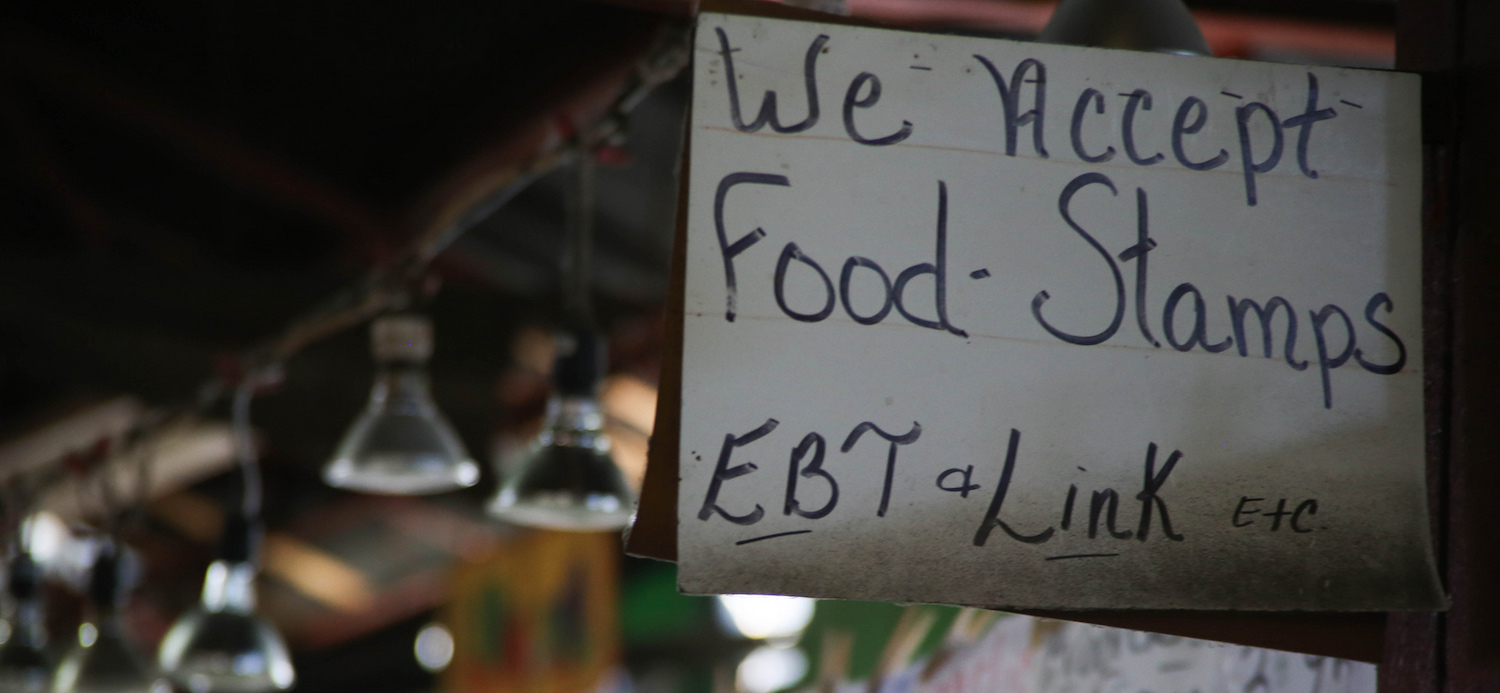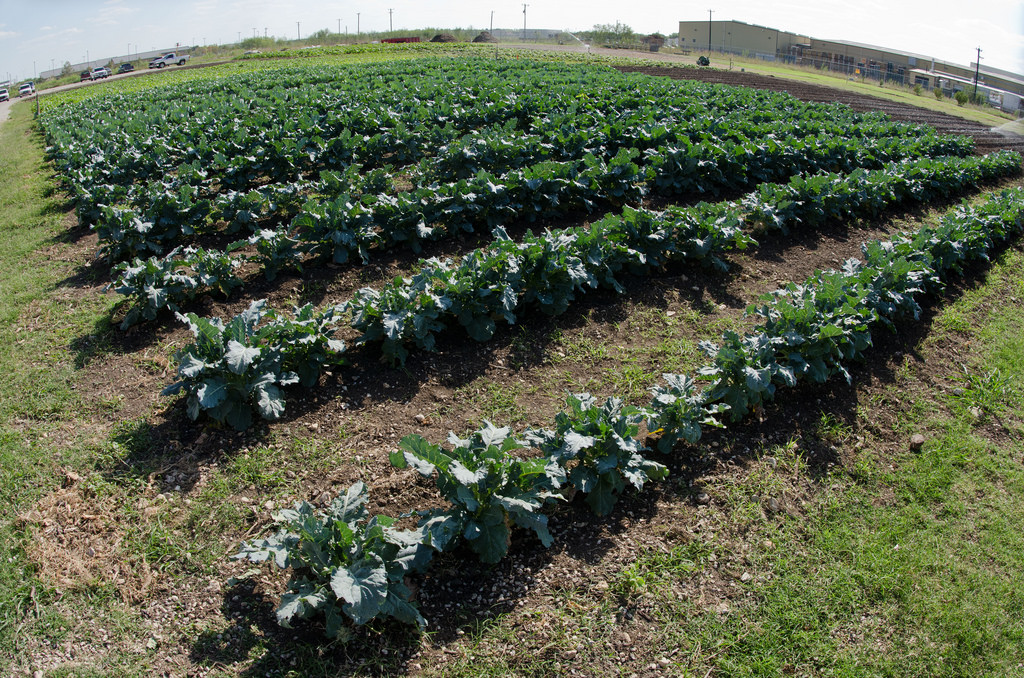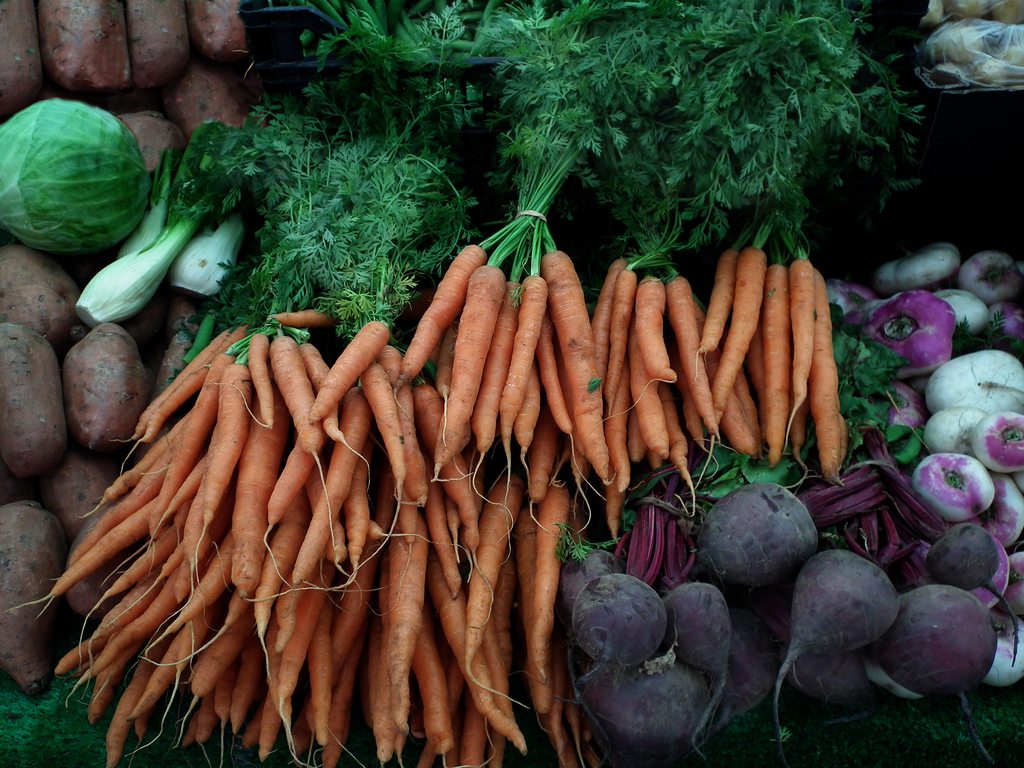Update June 13, 2018, 2:30 p.m. EST: The Senate Agriculture Committee voted to approve the farm bill proposal 21 – 1. The lone “no” vote was cast by Republican Senator Chuck Grassley from Iowa, who wanted to establish payment limits for farm subsidies. As it stands, the proposal doesn’t place a new cap on subsidies, although it does reduce the adjusted gross income limit to qualify from $900,000 to $700,000.
Unlike the House’s farm bill, this proposal doesn’t make major changes to the Supplemental Nutrition Assistance Program (SNAP), formerly known as food stamps. However, its sponsors have marketed the bill as an attempt to “strengthen the integrity” of SNAP, language which may leave the door open for stricter requirements during the reconciliation stage.
Need a layman’s explanation of the farm bill? Our friends over at the Food & Environment Reporting Network (FERN) have produced this animated explainer for you:
Original post:
On Friday, the Senate released its draft of the farm bill. This version appears poised for much smoother legislative sailing than its counterpart in the House, which failed last month.
That’s because the bill, titled the Agricultural Improvement Act of 2018, is largely just a continuation of the current farm bill, which was passed in 2014. It also doesn’t bother with any of the more contentious measures that appeared in the House’s proposal—most notably, its controversial attempt to enact stricter work requirements for the Supplemental Nutrition Assistance Program (SNAP), formerly known as food stamps.
The Senate’s version by comparison takes a more bipartisan and conventional approach—and, therefore, it’s much more likely to pass in some form. The Senate Agriculture Committee votes on the bill this Wednesday, when it’s scheduled for mark up.
Here are the other notable provisions in the Senate bill:
Mental health support services
The bill would re-authorize the Farm and Ranch Stress Assistance Network (FRSAN), a mental health resources program that was established by the 2008 farm bill but never funded. It allocates $10 million in funding through 2023 and requires the USDA submit a report to Congress on the state of behavior and mental health in farming communities.
Organics
The bill mandates funding for two organics programs: the Organic Certification Cost Share Program (which reimburses producers who apply for organic certification) and the Organic Agriculture Research and Extension Initiative (which funds projects for organics research and development). The latter program would receive $40 million in 2019 and 2020, $45 million in 2021, and $50 million in 2022 and each following year.
Food for Peace
The Senate bill, if passed, would modernize the Food for Peace program, which provides nutritional assistance around the world. Currently, NGOs that receive federal food aid are required to sell 15 percent of it in the local market where they operate. This rule, enacted in the 1980s, was intended to ensure that NGOs could raise the funds needed to cover shipping and administrative costs. In reality, it makes NGOs financially reliant on selling food that was intended to be given away. The practice, called “monetization,” would get axed should the Senate bill pass.
Hemp
Hemp hemp hooray? The Senate’s proposal would legalize hemp as an agricultural product, and make the plant eligible for crop insurance. The U.S. is the only major industrialized country that bans hemp production, and supporters say legalization it could create a lucrative new market opportunity for the country’s agricultural communities.
United States Department of Agriculture (USDA) restructuring
Last year, Agriculture Secretary Sonny Perdue made some big changes to the USDA’s organizational structure. Notably, he eliminated the Under Secretary for Rural Development, a position that requires Senate confirmation to fill. This farm bill proposal brings the position back. Sorry, not sorry, Sonny.











